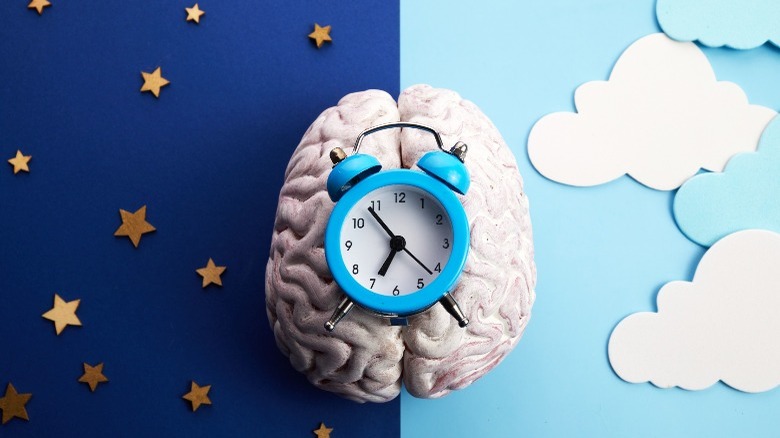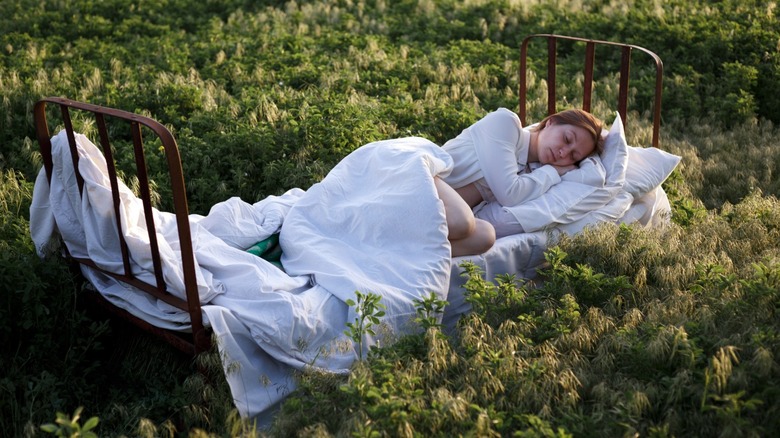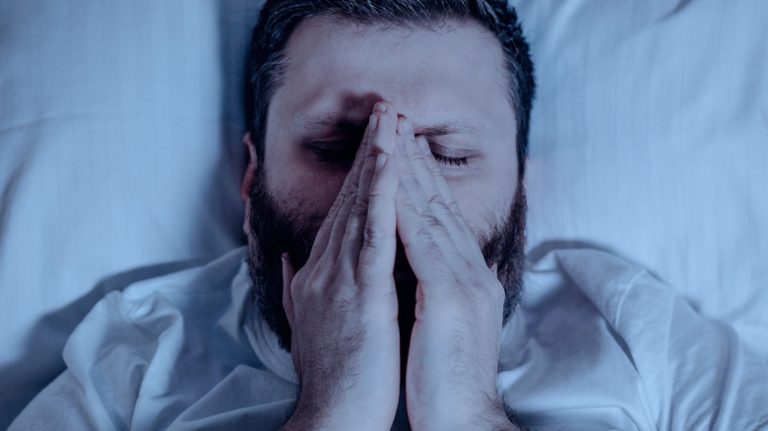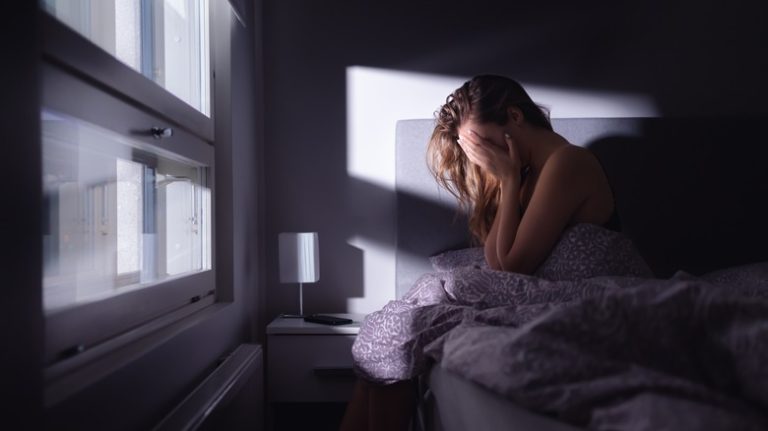According to the American Sleep Association, our knowledge of sleep has come a long way. Once thought of as a relatively inactive state, we now know that sleep is a dynamic state that’s reflected by different stages of activity in the brain. Sleep is vital for staying alive and healthy. Not only does sleep help regulate the immune system, but it also plays a part in the functionality of the nervous system, as well as our growth and development (per American Sleep Association).
Sleep takes up an incredible amount of your time. HuffPost says that the average human spends an astounding 26 years of their life sleeping (based on an 80-year life expectancy). That’s approximately one-third of your life, assuming you get eight hours of sleep per night. While the Centers for Disease Control and Prevention recommends that adults get seven or more hours of sleep per night, an estimated one-third of adults do not get enough sleep. Health Digest conducted a survey and asked respondents how many hours of sleep they get each night. You might be surprised by the results.
Do you get this many hours of sleep each night?

The results of a Health Digest poll of 583 people showed that 48.20% of respondents (281 people) sleep between six and seven hours per night. A total of 28.64% of respondents (167 people) say that they get between eight and nine hours of sleep per night, making it the second most popular response to the Health Digest poll. A total of 16.47% of respondents (96 people) sleep for between four and five hours each night.
The last options represented the two extremes of the survey answers. A total of 4.46% of (26 people) respondents said they sleep for 10 or more hours per night, while 2.23% of respondents (13 people) sleep for less than four hours each night.
Although the Centers for Disease Control and Prevention (CDC) recommends seven or more hours of sleep each night for adults, the results of the Health Digest poll indicate that as much as 66.90% of respondents may only be getting up to seven hours of sleep nightly.
A lack of sleep can result from your sleep habits, otherwise known as sleep hygiene. The CDC says that habits, like avoiding caffeine or alcohol before bed, following a consistent bedtime schedule, creating a dark and quiet sleeping environment, and daily exercise, can help improve sleep. Also, be sure to limit your screen time before bed.




